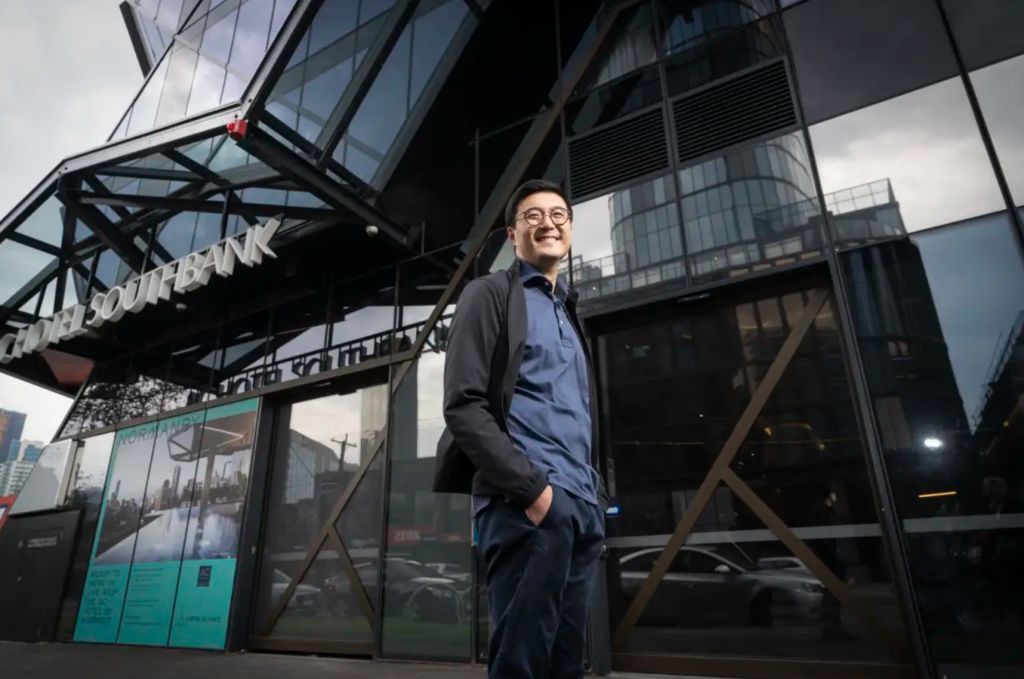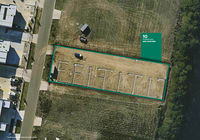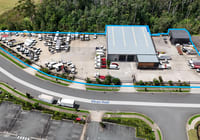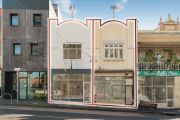
‘Smashing it’: Hotel owners set for summer boom as bookings surge
Capital city hotel owners and operators are preparing for their busiest summer holiday period since the onset of the pandemic, as more Australians choose local destinations over more expensive trips abroad.
Performance figures for October published by analysts STR show that, for the first time since February 2020, all the major capitals had occupancy rates of 70 per cent or more and average daily rates well above $200.
This includes, for the first time, Melbourne, which has been a laggard to the broader capital city recovery due to a much bigger pipeline of new hotel openings and because of the lingering effects of the city’s much lengthier lockdowns.
It clocked in at 70 per cent in October – up from 64 per cent in September and 59 per cent in August – and an average daily rate of $231 a night, translating into revenue per available room (revPAR, the key industry metric) of $161.
This is just above revPAR of $160 a night that Melbourne city hotels were generated in October 2019, before the onset of the pandemic. RevPAR crashed to just $35 a night last October, when the city was in the midst of its sixth lockdown, which lasted 78 days until October 21.
Looking ahead, STR Pacific regional director Matt Burke told The Australian Financial Review that forward bookings for the 28-day period from Christmas Eve to January 20 were “much improved” for Sydney (34 per cent pre-booked versus 19 per cent last year) and Melbourne (30 per cent versus 23 per cent) while Perth (35 per cent versus 24 per cent) was benefiting from “greater accessibility”.
“Leisure destinations are a mix with Gold Coast still proving to be popular, while the Sunshine Coast, Sydney surrounding regions and Victoria’s Great Ocean Road are lagging last year’s figures,” he said.
Melbourne hotel developer and owner Mohan Du said his three hotels, including two Marriotts, were “nearly full” over the peak holiday periods, whilst independent bank valuations of these properties had been “smashed” due to better-than-expected performance.
“The average room rate for one of our Marriott suites is $1200-$1500 a night, during peak holiday periods, and you’ll pay $3000 a night over New Year’s Eve,” Mr Du said.
“The market is only going up and up. From being the asset that was least desired during the pandemic, hotels are now highly sought after.”
Accor Pacific CEO Sarah Derry, who runs Australia’s biggest accommodation provider, said bookings for summer breaks were increasing, and leisure destinations were performing well.
“Demand is strong in domestic regions, driven by a number of factors, such as high international airfares, which are prompting people to stay locally, record high levels of household savings over the pandemic period, and people still catching up on holidays they were unable to take through the pandemic lockdowns,” Ms Derry said.
“Driving demand into our cities is a high priority for the travel industry, as corporate business has been slower to return, and international travel is below 2019 levels,” she added.
Also enjoying a significant upswing has been hotel franchisor Choice, which reported a 45 per cent rise in revPAR across its Australian network in the third quarter of 2022 compared with the same period in 2019.
Looking ahead, direct online bookings for Choice hotels were up 132 per cent on 2019 figures, the company said.
“It’s a great time to be in the hotel business,” Choice Hotels Asia Pacific CEO Trent Fraser told the Financial Review.
“Bookings are looking very strong in December and January in every market we are in. The recovery has exceeded expectations and continue to amaze,” Mr Fraser said.










